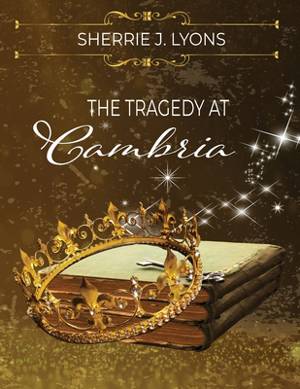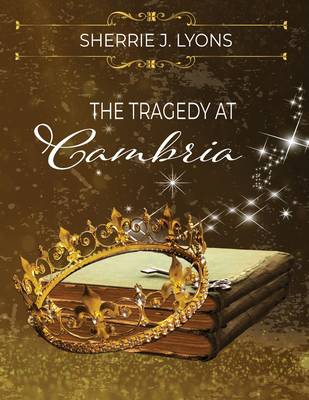
- Retrait gratuit dans votre magasin Club
- 7.000.000 titres dans notre catalogue
- Payer en toute sécurité
- Toujours un magasin près de chez vous
- Retrait gratuit dans votre magasin Club
- 7.000.0000 titres dans notre catalogue
- Payer en toute sécurité
- Toujours un magasin près de chez vous
Description
The Tragedy at Cambria, a three-act play written in rhyming iambic pentameter, tells a story of love, deception, and power. In the medieval kingdom of Cambria, aging King John faces a grave decision. His forebearers created extremely strict laws regarding unwed pregnancy, and now a sixteen-year-old girl, Plain Jane, is guilty of being with child. Either Jane or the baby must die. At Queen Beatrice's urging, King John assigns their teenage son and only heir, their beloved Prince Scott, to determine Jane's fate as a test of his maturity, but what should be a simple task becomes complicated when the compassionate prince attempts various schemes to try to save both mother and child. As his plans go awry, the prince sinks into deep despair, and his odds for ascending the throne wane.
But Jane isn't the only Cambrian who's been breaking morality laws. As infidelities are revealed that directly affect his family, King John must reconcile his knowledge with his position of power in order to save the future of his kingdom.
Behold a land where ancient statutes rule,
Where laws that once served well have since waxed cruel,
Where lovers are confined to marriage bed,
And babies got by those who are unwed
Are oftentimes forsaken-or born dead.
What good can come from such a place as this?
Where citizens can see what is amiss
But turn their heads pretending all is well?
A child, a bastard child, I do foretell-
But not before our king knows royal hell.
Soothsayer
Spécifications
Parties prenantes
- Auteur(s) :
- Editeur:
Contenu
- Nombre de pages :
- 106
- Langue:
- Anglais
Caractéristiques
- EAN:
- 9781648733352
- Date de parution :
- 21-12-22
- Format:
- Livre broché
- Format numérique:
- Trade paperback (VS)
- Dimensions :
- 216 mm x 279 mm
- Poids :
- 263 g

Les avis
Nous publions uniquement les avis qui respectent les conditions requises. Consultez nos conditions pour les avis.






